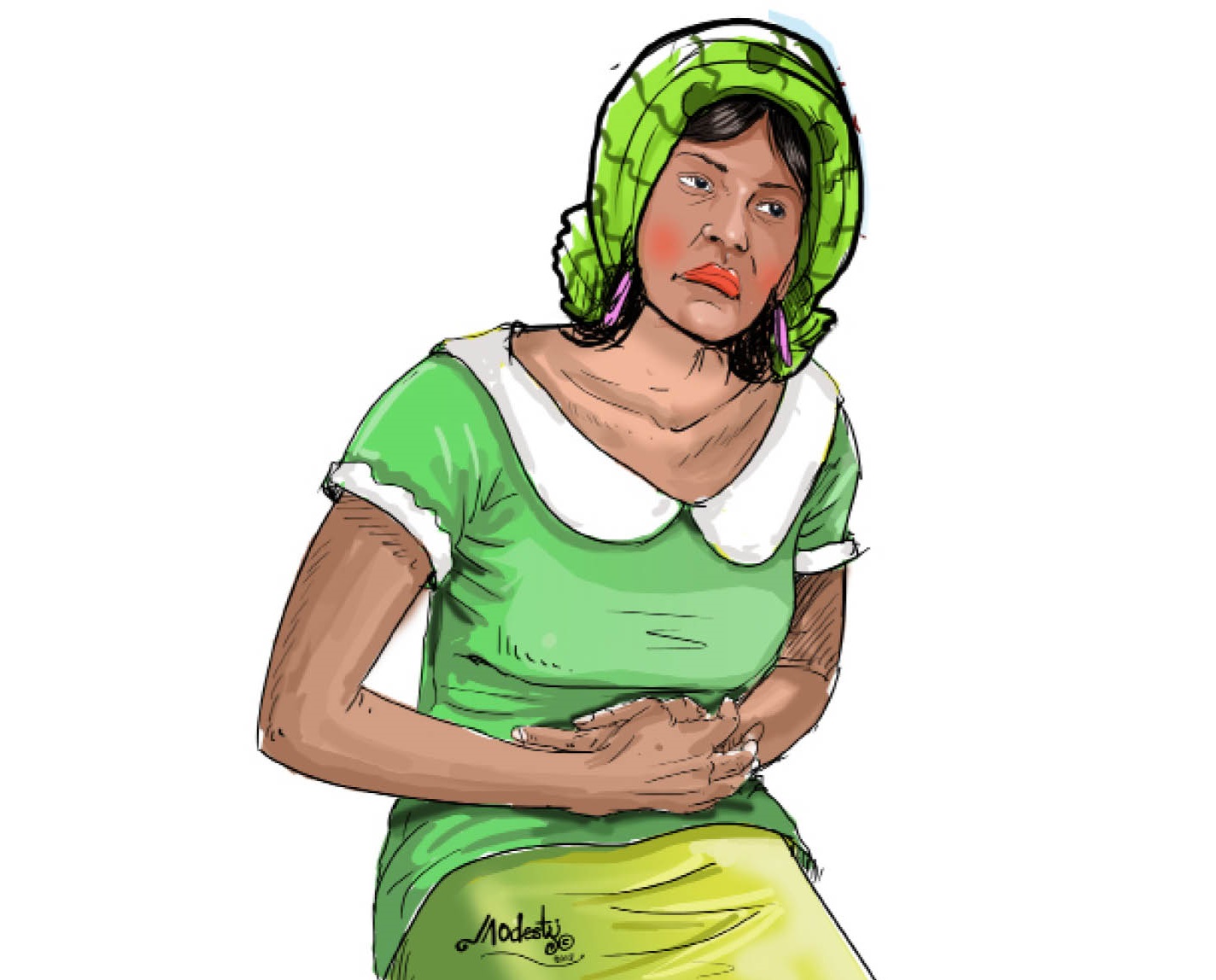What to know about Genital Tract Infections
Hadiza, 21, thought she had ‘toilet infection’ after experiencing itching and coloured vaginal discharge for weeks. She continued to buy drugs and creams but didn’t feel any better as she instead developed abdominal and back pains. She visited the hospital and was diagnosed with a genital tract infection that could have caused her infertility. According […]

Hadiza, 21, thought she had ‘toilet infection’ after experiencing itching and coloured vaginal discharge for weeks.
She continued to buy drugs and creams but didn’t feel any better as she instead developed abdominal and back pains.
She visited the hospital and was diagnosed with a genital tract infection that could have caused her infertility.
According to Dr Victor Alade, an obstetrician and gynaecologist at Dalhatu Araf Specialist Hospital, Lafia, Nasarawa State, genital tract infections are infections that mainly affect the reproductive tract of the genitals whether for the male or female.
He said most times they are infections that are sexually transmitted, and also occur when there is any breach as a result of instrumentation, like the use of unsterilised instruments on people when they are in an immuno-compromise state.
“People with some chronic conditions like hypertension, diabetes, cancer, renal failure, and liver failure can have this because their immune system has been lowered. So little infections can now destroy their system,” he added.
Dr Alade, said there are different types of genital tract infections. He said there are those caused mainly by bacteria called grand negative and grand positive bacteria.
He said these include chlamydia, gonorrhoea, staphylococcus and bacterial vaginosis among others.
The doctor said genital tract infections may be symptomatic or asymptomatic (which means there may not be the presence of any symptom, especially at the early stage).
However, he said the main symptoms, especially for women include itching, vaginal discharge, bloody discharge with some discharge being yellowish or greenish.
He said for men, the symptoms include having pains when passing urine or pus coming out from the genital area.
Toilet disease
When people experience itching or pain in their genital area, they often call it toilet disease. The expert, however, said there is nothing like toilet disease.
“There is nothing like toilet disease. It is just imagination and thought that people have put in their head that they can get infections from the toilet.
“Even if the toilet is not washed, unless you have gone to the toilet without cleaning up, and even that takes time before it can spread, so there is nothing like ‘toilet disease’.
“Most of the time what they call toilet disease is all this whitish discharge in women: 80-90% of women will have it when they are pregnant and more than 50% of women will have it normally. So there is nothing like toilet disease,” Dr Alade explained.
The expert said diagnosis of genital tract infections is also based on the history.
He said, “You take the history; what are the presenting symptoms? What are the things the patient has been seeing? Any fever, discharge, abdominal pain or any pain when she passes urine? Any swelling? All these questions help. After the questions, you examine the patient from head to toe, and the genital tract for any abnormality.
“We call it gentile tract examination or vaginal examination, this helps you to know if there is pain: you check the colour of the discharge, and also do a rectal examination.”
He said the other parts of the investigation include doing swab and sending to the laboratory to check the organism and doing urine and blood tests.
Dr Alade said prevention of genital tract infections is categorised into primary, secondary and tertiary.
According to him, the primary prevention is to encourage people to be hygiene conscious.
“Hygiene is very important. Women should take good care of themselves, and their private parts because if there is an infection it can cause infertility; and some of them can have other infections that can spread to the womb.
“Women should also not just take drugs arbitrarily when they have infections; they should go to a qualified gynaecologist.”
He said the secondary prevention is for government to ensure that qualified doctors and other medical personnel are available at health centres so that people can access them, and their conditions properly managed to prevent complications.
He said the tertiary level of prevention is rehabilitation. “People that have been affected, how do we help them? It is usually done in tertiary centres and specialist hospitals. Dalhatu Araf Specialist Hospital has a lot of specialists that can manage it.
He added that the treatment of genital tract infections is based on the findings of the physical examination and tests.
He advised the public to wash from front backwards When they wash their private parts after going to the toilet, to defecate or to urinate.
“They should not allow water to get from the back into their private part, so hygiene is very important. Women should also take care of themselves especially during their menstrual period,” he advised.
The gynaecologist also advised women to go for cervical screening because cervical cancer is one of the commonest cancer among them.
“We see it more often, at least once in a week at Dalhatu Araf Specialist Hospital, Lafia and most of the time the women present late.
“When they present late there is little we can do. Because before you send them to Ahmadu Bello University Teaching Hospital, Zaria or National Hospital Abuja or University College Hospital, Ibadan, some of them are dead.
“So government needs to do something about it, and if possible make cervical screening free for women .”
